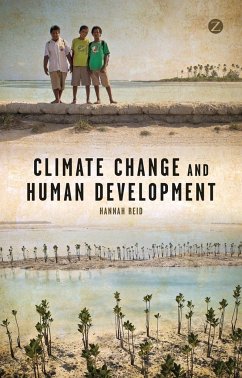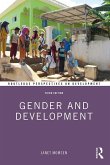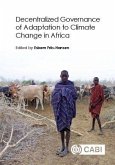Whilst the world's poor are clearly hit hardest by climate change impacts, so too do they hold many of the solutions for how best to cope with its impacts, and at times reduce greenhouse gas emissions to zero. In this wide-ranging book, Hannah Reid offers a rich compendium of real life scenarios and brings home the realities of how poor people are suffering from and coping with climate change impacts today. Drawing on case studies gathered by the UP in Smoke group - a powerful coalition of global environment and development organizations including Greenpeace, Oxfam, Practical Action and the WWF - this book provides new models for human development in a climate-change-constrained future as well as positive solutions to tackling climate change at the macro-level with proposals from luminaries such as Professors Wangari Maathai, Manfred Max-Neef and Jayati Ghosh.
Bitte wählen Sie Ihr Anliegen aus.
Rechnungen
Retourenschein anfordern
Bestellstatus
Storno








